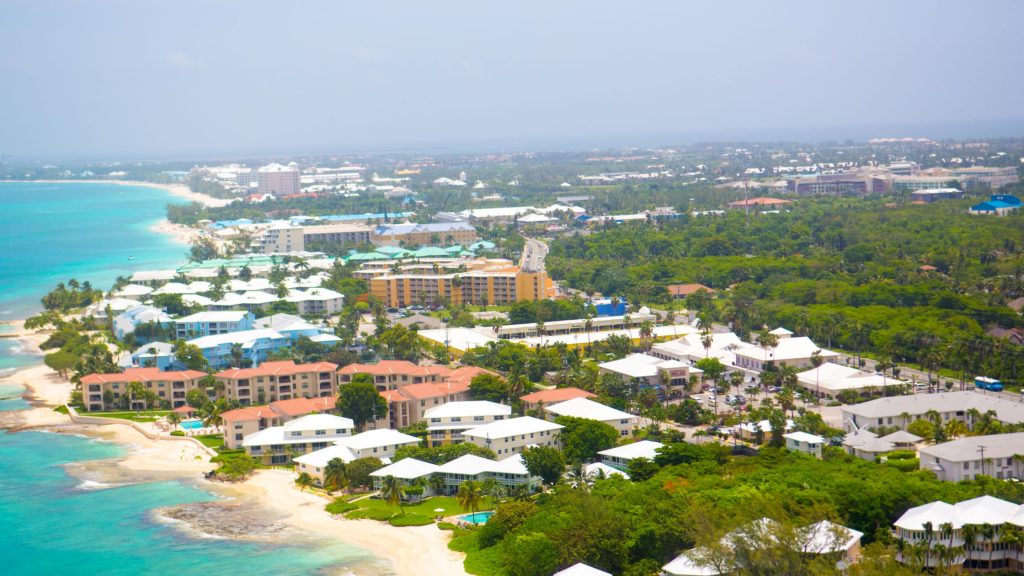Island Living Redefined: Exploring Stipends, Sustainability, and Societal Revival

Exploring the Concept of Offering Stipends to Live in Countries with Islands
Introduction
The allure of island living has captivated people for centuries, and many countries with islands have recognized the unique appeal these locations offer. In recent years, several nations have taken a progressive approach by offering stipends and incentives to encourage individuals and families to relocate to their islands.
This blog will delve into the reasons behind countries offering such incentives, the benefits they hope to achieve, and the impact of these programs on both the island communities and the larger economy.
Conserving the Societies of Islands
One of the primary motivations behind offering stipends to live on islands is to preserve and revitalize these remote and often dwindling communities. Islands, especially those with smaller populations, face challenges such as a declining labor force, limited economic opportunities, and an aging population.
By attracting new residents through stipends, countries aim to inject fresh energy into these communities, ensuring their sustainability for future generations.
Economic Development and Diversification
For some countries, island communities play a crucial role in their overall economic development. Offering stipends to live on islands can lead to an increase in local spending, create jobs in various sectors, and stimulate economic activity. Additionally, these programs can contribute to the diversification of economic sectors beyond traditional industries like tourism and fishing.
Promoting Tourism and Sustainable Growth
Many countries with islands heavily rely on tourism as a significant revenue stream. By attracting residents through stipends, these countries hope to showcase the beauty and unique culture of their islands, thus drawing more tourists. Sustainable growth can be achieved by enhancing infrastructure, services, and attractions, creating a holistic experience for both residents and visitors
Dealing with the Movement of People from Rural to Urban Areas
Rural-urban migration is a common global trend, with young individuals often moving to cities in search of better opportunities. This phenomenon leaves rural and remote areas, including islands, with declining populations. By offering stipends to live on islands, countries attempt to reverse this migration trend and strike a balance between urban and rural development.
Human Capital and Skill Retention
Many island communities face a “brain drain,” where talented individuals leave for urban centers or foreign countries to pursue opportunities aligned with their skills and education. Offering stipends and incentives can act as a means to retain human capital and attract individuals with diverse skill sets, thus contributing to the island’s social and economic development.
Strengthening National Sovereignty
Some countries with islands may use stipend programs as a way to strengthen their national sovereignty over the territories. By bolstering island populations with citizens who can actively participate in local governance and decision-making, these nations aim to consolidate their control and protect their cultural heritage and unique identities.
Case Studies: Countries Offering Stipends to Live on Islands
Italy – Sardinia and Sicily
Italy has implemented a program called “Active Residency” in certain regions of Sardinia and Sicily. This initiative offers tax breaks and financial incentives to individuals who choose to relocate to these islands. The program aims to counter population decline, boost local economies, and preserve cultural traditions.
Canada – Newfoundland and Labrador
Newfoundland and Labrador, a province in Canada, launched the “Newfoundlander Initiative” to attract skilled individuals and young families to settle in rural and remote communities on its islands. The program provides financial incentives, land grants, and business support to encourage relocation and boost economic activity.
Japan – Okinawa
Japan offers incentives and subsidies to individuals and families willing to relocate to Okinawa, an island prefecture with a unique culture. The program aims to revitalize local economies, support agricultural development, and preserve traditional practices.
Chile – Chiloe Islands
Chile’s government has introduced the “Chilean Patagonia” program, which includes the Chiloe Islands. The initiative provides financial assistance to new residents willing to settle in this remote region, with the goal of promoting sustainable development and preserving the natural environment.
Benefits and Impact of Offering Stipends to Live on Islands
Revitalization of Island Communities
Stipend programs have proven effective in revitalizing island communities by attracting new residents, injecting fresh perspectives, and creating a sense of community pride.
Economic Diversification
Offering incentives can lead to economic diversification on islands, encouraging the development of new industries and businesses beyond traditional sectors.
Enhanced Tourism and Cultural Promotion
By attracting new residents, stipend programs indirectly boost tourism by showcasing the islands’ unique culture and natural beauty.
Skill Retention and Human Capital Development
Stipend initiatives can retain skilled individuals who would otherwise leave for more urbanized areas, leading to the growth of local expertise and talent.
Preserving Environment and Heritage
Some programs include provisions to promote sustainable practices and protect the environment, contributing to the preservation of the island’s natural beauty and cultural heritage.
Conclusion
Countries offering stipends to live on islands recognize the significance of preserving these unique communities, enhancing economic growth, and promoting sustainable development. These programs provide individuals and families with the opportunity to experience island living while contributing to the local economy and culture. By attracting residents through financial incentives, nations aim to strike a balance between urban and rural development, retain human capital, and strengthen their national sovereignty over these territories.
While offering stipends has proven to be a successful strategy in several cases, it is crucial to continually assess and adapt these programs to ensure their long-term sustainability and positive impact on both island communities and the larger national economy
For More Related Articles Browse Our Website Blogster.pk
For social Connection You can also Visit and follow our Social media Platforms
Facebook , Instagram, Linkedin, Pinterest, Quora, Twitter, Youtube.







